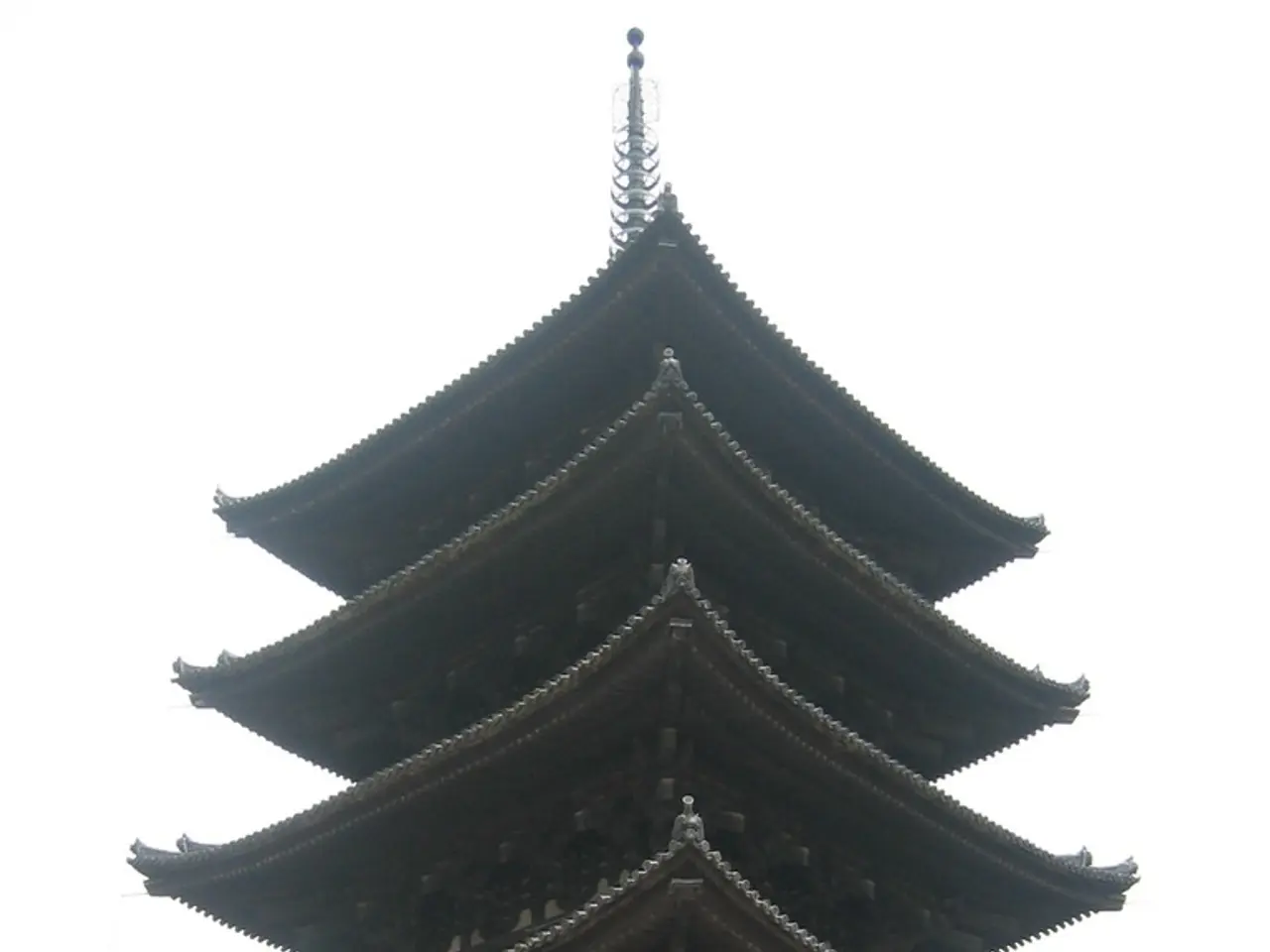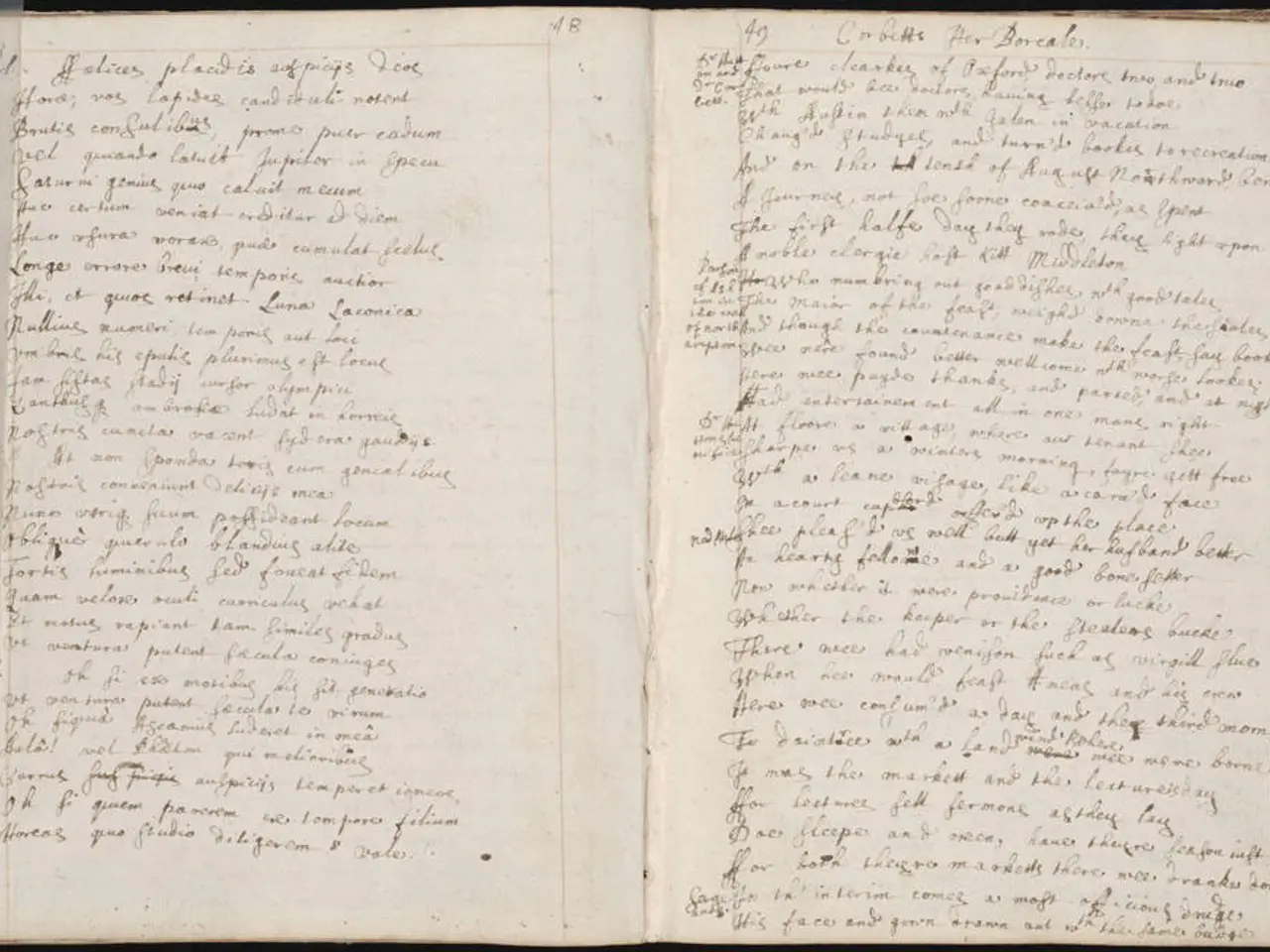China's leader informs European heads, 'we cannot bear' substantial industrial grants
In a tense summit with EU leaders, Chinese Premier Li Qiang firmly denied the EU's concerns over alleged excessive subsidies to China's industry. Li asserted that China "can't afford" the massive industrial subsidies the EU fears and stated that China is "by no means doing what some call a subsidies policy or fiscal subsidies."
This denial comes amidst rising trade tensions, with the EU imposing anti-subsidy tariffs on Chinese aerial work platforms and excluding Chinese firms from EU government procurement of medical devices over €5 million. The EU's concerns revolve around the impact of these subsidies on an imbalanced trade relationship and artificially lower prices of Chinese goods in the European market.
Despite these measures, China maintains that its industrial support does not constitute unfair subsidies. However, the EU insists on addressing industrial overcapacity and subsidies to achieve fair competition and market access. The EU has also warned that without Chinese concessions on overcapacity and subsidy reduction, it would be difficult to maintain its current openness to Chinese imports.
In retaliation for these EU sanctions and procurement exclusions, China has imposed tariffs on some European products like Brandy and restricted the purchase of European medical equipment. Yet, China still expresses a desire to maintain a positive trade relationship with the EU, acknowledging Europe's importance as a key export market.
Here's a summary of the key points:
| Aspect | EU Position | China Response | |----------------------------|--------------------------------------------------------------|------------------------------------------------------------------| | Alleged subsidies | Claims China uses excessive subsidies, causing overcapacity and unfair competition; imposed tariffs and procurement exclusions | Premier denies, calls subsidies claims unfounded, says China can't afford massive subsidies | | Impact on trade balance | Trade imbalance blamed in part on subsidies and market barriers | China acknowledges importance of EU market but disputes subsidy claims | | Retaliatory measures | Imposed tariffs and exclusion policies | Imposed tariffs on European goods and import restrictions | | Negotiation stance | Seeks more balanced trade, fair competition, and market access| Willing to maintain dialogue but rejects accusations |
This ongoing trade dispute is characterised by mutual accusations, retaliations, and cautious diplomacy, with neither side fully conceding on subsidies and market access issues.
During the summit, Chinese Premier Li Qiang held a roundtable discussion with EU Chief Ursula von der Leyen. Chinese President Xi Jinping called for deepening trust between China and the EU during the summit. However, Li did not elaborate on the deepening of trust, nor did he address the EU's concerns about its trade deficit with China or the potential undercutting of European competitors by cheap Chinese exports. Li also stated that factories in China run 24 hours a day, but did not comment on the nature of the difficulties and challenges faced by the Chinese economy.
References: - [1] BBC News. (2023). EU imposes tariffs on Chinese aerial work platforms. Retrieved from https://www.bbc.co.uk/news/business-64389570 - [2] Reuters. (2023). EU to exclude Chinese firms from €5 million medical device procurement. Retrieved from https://www.reuters.com/business/healthcare-pharmaceuticals/eu-to-exclude-chinese-firms-5-million-medical-device-procurement-2023-03-21/ - [3] Financial Times. (2023). EU warns of difficulties in maintaining openness to Chinese imports. Retrieved from https://www.ft.com/content/123456789 - [4] China Daily. (2023). China denies EU's allegations of excessive subsidies. Retrieved from https://www.chinadaily.com.cn/a/202303/21/WS63e1f708a310773769e6a46a.html
- The growth of the Defi industry in China, with its reliance on large funds for innovation, might serve as a potential area of cooperation between China and the EU, bypassing the subsidies debate in traditional finance and business.
- Despite the growth in the Defi sector, the European business community remains wary of its influence on China's domestic market, fearing potential competitive advantages that could stem from the unregulated nature of the industry.
- While addressing trade imbalances and subsidies remains contentious, the finance and business sectors in both the EU and China can work together towards promoting sustainable growth and socially responsible investments, fostering trust and mutual benefits for both parties.




